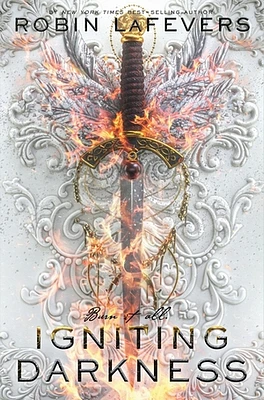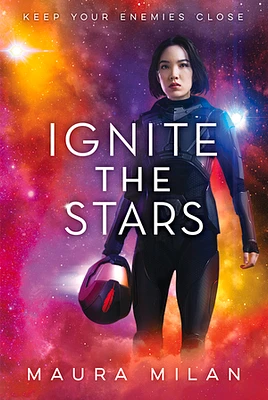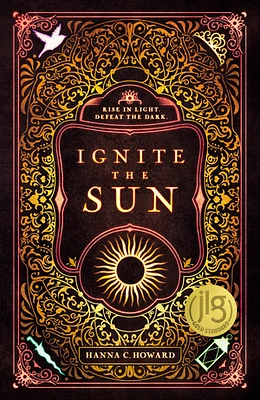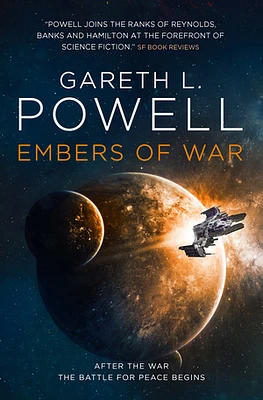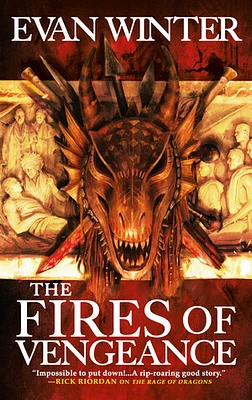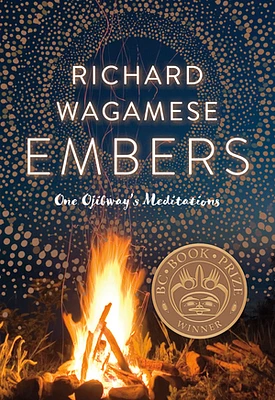Home
Era of Ignition
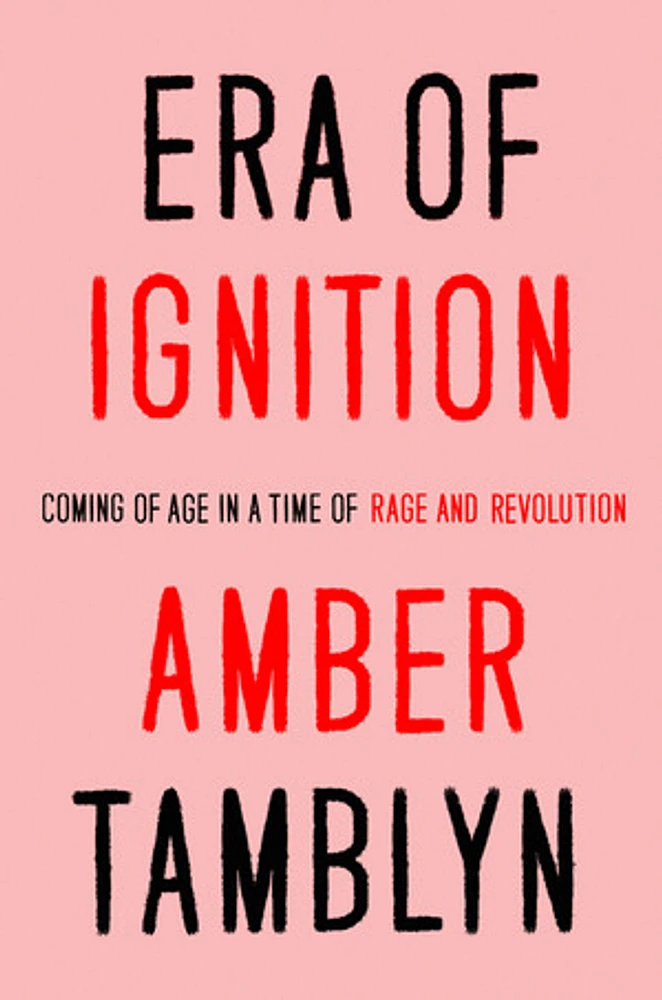
LIBRAIRIE CARCAJOU
Era of Ignition
From Librairie Carcajou
Current price: $34.00
Loading Inventory...
*Product information may vary - to confirm product availability, pricing, shipping and return information please contact LIBRAIRIE CARCAJOU
Reading Group Guide
Era of Ignition
1. An Era of Ignition, according to the author, is “a thriving time of condensed evolution, where many discourses about who we are and difficult dialogues about where we are going kick into high gear” (page 11). What does this term mean to you?
2. Have you experienced your own Era of Ignition? What impact do you think it had on your life, your relationships, or you as an individual?
3. In the author’s attempts to adapt and direct Janet Fitch’s Paint It Black, she experienced numerous roadblocks and felt that her work was often unfairly compared to the work of men. Where else have you seen examples of this, in your life or in the lives of those around you?
4. Women, according to the author, “are raised to doubt first and decide last” (page 15). Does this resonate with you? Why or why not? Do you see a way in which you can change this mind-set in yourself or in someone close to you?
5. Desiree Gruber of the Time’s Up organization created the “+1 initiative,” meant to give individuals who might not be afforded the same opportunities as others the chance to take part in important conversations and be in the “room where it happens” (page 240). How do you feel you fit into the +1 model? Do you have something to offer others based on your own experiences, or do you feel that you would benefit from being the +1 person? Can you list five women who you could help support with the access you might have in your life? Or can you name five women who could possibly do this for you?
6. The author has her own “Male Ally Manifesto” (pages 235–38) describing the ways in which men can be proactive peers for women. How else do you think men can best be allies of women? How would you personally go about being a better ally of women, or how would you suggest the men in your life become better allies?
7. The author describes a time in which she had to explain to her husband how his actions had been hurtful to women, and how he could learn and change from the experience. She acknowledges that it’s “not fair to women” that they have to lead these difficult conversations with the men in their lives, but also argues the conversations “must take place” (page 233). Do you agree that women have an obligation to lead these conversations? Do you feel it is a burden? Why or why not?
8. The author addresses the issue of “white feminism” (page 171) and acknowledges the ways in which she has contributed to it in the past. How have you taken part in or been impacted by white feminism in your life?
9. What are some concrete ways that individuals can work to make their feminism intersectional? What can you do personally to open the discussion to those who might otherwise be left out?
10. Before giving birth to her daughter, the author asks, “How do we encourage and support our daughters by talking to them and making them feel powerful without lying to them about the realities of the world we live in?” (page 65) What are some ways to have these kinds of conversations with the next generation? Is there someone in your life who you can support in this way?
Era of Ignition
1. An Era of Ignition, according to the author, is “a thriving time of condensed evolution, where many discourses about who we are and difficult dialogues about where we are going kick into high gear” (page 11). What does this term mean to you?
2. Have you experienced your own Era of Ignition? What impact do you think it had on your life, your relationships, or you as an individual?
3. In the author’s attempts to adapt and direct Janet Fitch’s Paint It Black, she experienced numerous roadblocks and felt that her work was often unfairly compared to the work of men. Where else have you seen examples of this, in your life or in the lives of those around you?
4. Women, according to the author, “are raised to doubt first and decide last” (page 15). Does this resonate with you? Why or why not? Do you see a way in which you can change this mind-set in yourself or in someone close to you?
5. Desiree Gruber of the Time’s Up organization created the “+1 initiative,” meant to give individuals who might not be afforded the same opportunities as others the chance to take part in important conversations and be in the “room where it happens” (page 240). How do you feel you fit into the +1 model? Do you have something to offer others based on your own experiences, or do you feel that you would benefit from being the +1 person? Can you list five women who you could help support with the access you might have in your life? Or can you name five women who could possibly do this for you?
6. The author has her own “Male Ally Manifesto” (pages 235–38) describing the ways in which men can be proactive peers for women. How else do you think men can best be allies of women? How would you personally go about being a better ally of women, or how would you suggest the men in your life become better allies?
7. The author describes a time in which she had to explain to her husband how his actions had been hurtful to women, and how he could learn and change from the experience. She acknowledges that it’s “not fair to women” that they have to lead these difficult conversations with the men in their lives, but also argues the conversations “must take place” (page 233). Do you agree that women have an obligation to lead these conversations? Do you feel it is a burden? Why or why not?
8. The author addresses the issue of “white feminism” (page 171) and acknowledges the ways in which she has contributed to it in the past. How have you taken part in or been impacted by white feminism in your life?
9. What are some concrete ways that individuals can work to make their feminism intersectional? What can you do personally to open the discussion to those who might otherwise be left out?
10. Before giving birth to her daughter, the author asks, “How do we encourage and support our daughters by talking to them and making them feel powerful without lying to them about the realities of the world we live in?” (page 65) What are some ways to have these kinds of conversations with the next generation? Is there someone in your life who you can support in this way?





